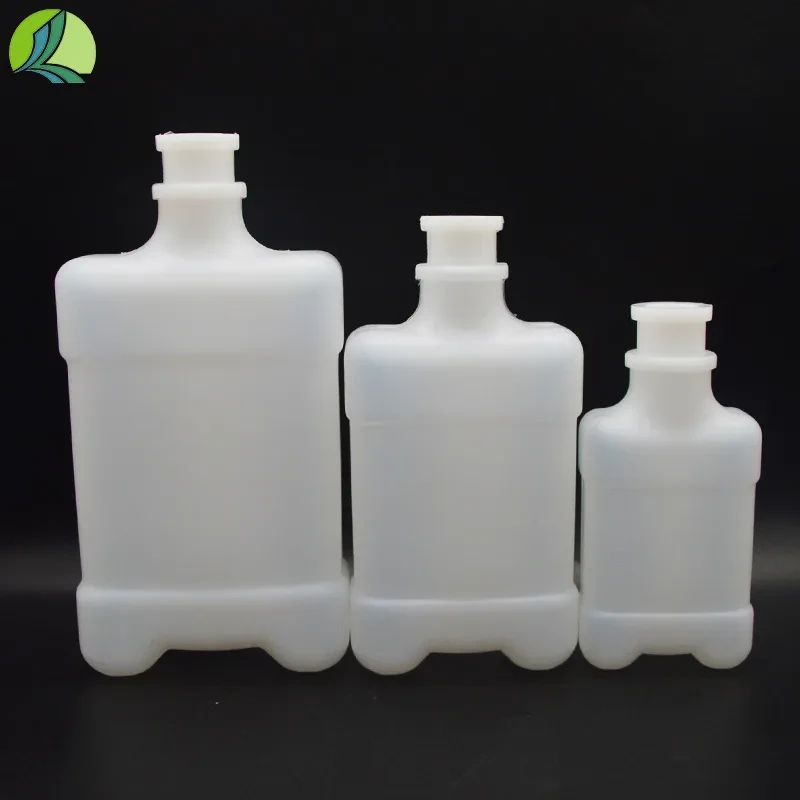
-
 Afrikaans
Afrikaans -
 Albanian
Albanian -
 Amharic
Amharic -
 Arabic
Arabic -
 Armenian
Armenian -
 Azerbaijani
Azerbaijani -
 Basque
Basque -
 Belarusian
Belarusian -
 Bengali
Bengali -
 Bosnian
Bosnian -
 Bulgarian
Bulgarian -
 Catalan
Catalan -
 Cebuano
Cebuano -
 Corsican
Corsican -
 Croatian
Croatian -
 Czech
Czech -
 Danish
Danish -
 Dutch
Dutch -
 English
English -
 Esperanto
Esperanto -
 Estonian
Estonian -
 Finnish
Finnish -
 French
French -
 Frisian
Frisian -
 Galician
Galician -
 Georgian
Georgian -
 German
German -
 Greek
Greek -
 Gujarati
Gujarati -
 Haitian Creole
Haitian Creole -
 hausa
hausa -
 hawaiian
hawaiian -
 Hebrew
Hebrew -
 Hindi
Hindi -
 Miao
Miao -
 Hungarian
Hungarian -
 Icelandic
Icelandic -
 igbo
igbo -
 Indonesian
Indonesian -
 irish
irish -
 Italian
Italian -
 Japanese
Japanese -
 Javanese
Javanese -
 Kannada
Kannada -
 kazakh
kazakh -
 Khmer
Khmer -
 Rwandese
Rwandese -
 Korean
Korean -
 Kurdish
Kurdish -
 Kyrgyz
Kyrgyz -
 Lao
Lao -
 Latin
Latin -
 Latvian
Latvian -
 Lithuanian
Lithuanian -
 Luxembourgish
Luxembourgish -
 Macedonian
Macedonian -
 Malgashi
Malgashi -
 Malay
Malay -
 Malayalam
Malayalam -
 Maltese
Maltese -
 Maori
Maori -
 Marathi
Marathi -
 Mongolian
Mongolian -
 Myanmar
Myanmar -
 Nepali
Nepali -
 Norwegian
Norwegian -
 Norwegian
Norwegian -
 Occitan
Occitan -
 Pashto
Pashto -
 Persian
Persian -
 Polish
Polish -
 Portuguese
Portuguese -
 Punjabi
Punjabi -
 Romanian
Romanian -
 Russian
Russian -
 Samoan
Samoan -
 Scottish Gaelic
Scottish Gaelic -
 Serbian
Serbian -
 Sesotho
Sesotho -
 Shona
Shona -
 Sindhi
Sindhi -
 Sinhala
Sinhala -
 Slovak
Slovak -
 Slovenian
Slovenian -
 Somali
Somali -
 Spanish
Spanish -
 Sundanese
Sundanese -
 Swahili
Swahili -
 Swedish
Swedish -
 Tagalog
Tagalog -
 Tajik
Tajik -
 Tamil
Tamil -
 Tatar
Tatar -
 Telugu
Telugu -
 Thai
Thai -
 Turkish
Turkish -
 Turkmen
Turkmen -
 Ukrainian
Ukrainian -
 Urdu
Urdu -
 Uighur
Uighur -
 Uzbek
Uzbek -
 Vietnamese
Vietnamese -
 Welsh
Welsh -
 Bantu
Bantu -
 Yiddish
Yiddish -
 Yoruba
Yoruba -
 Zulu
Zulu
Role and Importance of Reagent Bottles in Laboratory Experiments and Chemical Handling Practices
The Function of Reagent Bottles in a Laboratory Setting
In any scientific or research laboratory, reagent bottles play a crucial role in the organization, safety, and efficacy of experiments. These containers are specifically designed to hold various chemicals, solvents, and biological materials, all of which are essential for conducting a wide range of experiments. Understanding the function and importance of reagent bottles is key to ensuring proper laboratory procedures and maintaining the integrity of scientific results.
The Function of Reagent Bottles in a Laboratory Setting
Another significant function of reagent bottles is the clear labeling and identification of contents. A well-organized laboratory relies on accurate and accessible labeling to avoid confusion and ensure that the right chemicals are used for each experiment. Reagent bottles often feature large, clearly marked labels that include the name of the chemical, its concentration, hazard warnings, and storage conditions. Proper labeling is not merely a matter of convenience; it is a critical aspect of laboratory safety and compliance with regulatory standards. Mistakes in chemical identification can lead to hazardous situations, making labeling essential for risk mitigation.
function of reagent bottle in laboratory

Reagent bottles also facilitate the easy transfer and dispensing of chemicals. Many come equipped with dropper tops, pouring spouts, or pipette adaptations, allowing for precise measurements and application of reagents. This precision is particularly vital in experiments where slight variations in chemical quantities can lead to dramatically different results. Proper dispensing techniques ensure that experiments are reproducible and reliable, maintaining the integrity of the data obtained.
In addition to safety and efficacy, reagent bottles contribute to the organizational aspect of laboratory work. With the vast number of chemicals often present in a research facility, maintaining order is critical. Reagent bottles can be stored in a systematic way, organized by type or usage, which makes it easier for laboratory personnel to find what they need quickly. This organization not only saves time but also enhances productivity, allowing researchers to focus more on their experiments rather than searching for the right tools.
Furthermore, reagent bottles are reusable, which aligns with modern laboratory practices that emphasize sustainability and waste reduction. While single-use plastic containers contribute to environmental waste, reusable glass or high-quality plastics can significantly lessen a laboratory's ecological footprint. These reusable bottles can be easily cleaned and sterilized for subsequent use, supporting both economic and environmental sustainability in laboratory operations.
In conclusion, reagent bottles serve multiple vital functions within a laboratory setting. They ensure safe storage of chemicals, promote clear identification and labeling, facilitate precise dispensing, enhance organizational efficiency, and support sustainability efforts. As laboratories continue to evolve with advancements in scientific research and technology, the role of reagent bottles will remain indispensable, underlining their significance in achieving reliable and safe laboratory practices. Understanding and utilizing these fundamental tools effectively can lead to more successful experimental outcomes and a safer working environment.
-
Premium Metal Dropper Bottle for Precise Dispensing 250ml & 1ml Options AvailableNewsJul.04,2025
-
20 ml Headspace Vials - High Quality Polyethylene & Plastic Vials for Lab UseNewsJul.04,2025
-
Small Bottle with Pipette - Precise Dispensing 100ml Pipette Bottles for Essential Oils & Lab UseNewsJun.24,2025
-
Acetic Anhydride Bottle for Accurate Dropper Measurement in Pharmacy Use High-Quality Dropper BottlesNewsJun.10,2025
-
Innovative PET Bottle Design for Juice – Unique Shapes & Customization OptionsNewsJun.10,2025
-
20 Pack Sterilized Petri Dishes – Assorted Sizes, High Quality Small Plastic Petri Dishes for Lab UseNewsJun.10,2025






















